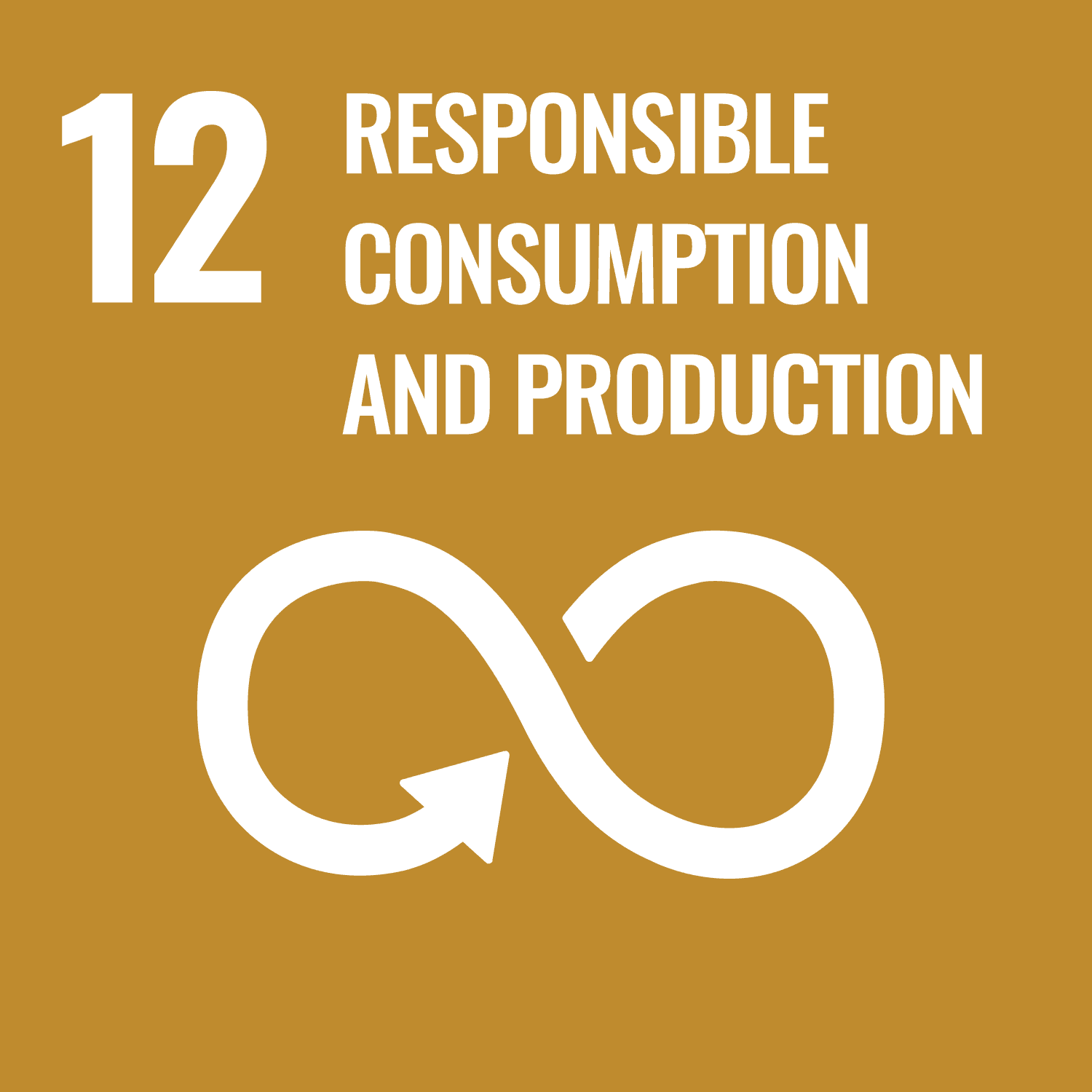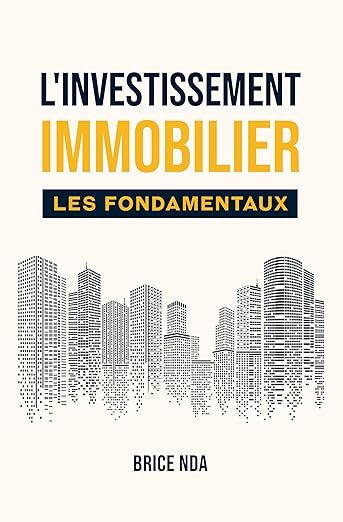Brice is a real estate and finance professional with over 15 years of experience at the intersection of Technology, ESG, and Capital Markets. As ESG & Tech Manager at Lokalis in Paris, he is responsible for integrating PropTech solutions to drive the sustainable transformation of residential portfolios.
His background combines expertise in civil engineering, a specialized master's in sustainable real estate, and an MBA in financial analysis.
Brice also serves as President of the Elit's Entrepreneurship Club, where he contributes to mentorship programs. He is the author of a book on real estate investment fundamentals.
Professional Experience4
ESG & Technical Asset Manager · Lokalis
2019 - Present
€300M real estate portfolio (40+ assets) within 5 years through full lifecycle management: technical due diligence, capex/opex optimization. Led autonomous ESG reporting (materiality matrix/KPIs) and decarbonization strategy - eliminating consultant costs in 2024 cycle. Over 250 apartments upgraded to DPE E+ thanks to energy modeling, resulting in savings of over 250 K€. Provided ongoing training and communication to Property and Construction Managers on safety and regulatory issues, enhancing compliance and reducing risks. Construction program & equipment management (elevators, boiler rooms, fire safety, etc.) and various cross-functional assignments.
Head of Construction Management · Fonds de Prévoyance Militaire
2016 - 2019
Property development of 2,519 housing units in a mix of single-family homes and apartments, including all related utilities.
Civil Engineering Consultant · Innov Construction/R&T
2011 - 2016
Construction management for local property developers. Budget preparation, quality and deadline monitoring.
Structural Engineer · Bureau d'Etude et d'Assistance Technique du Bâtiment (BEATB)
2009 - 2011
Structural modeling and analysis : Performed structural inspections and assessments on existing buildings Designed and analyzed structural elements for residential and commercial buildings.
Education4
Certified ESG Analyst® - CESGA · European Federation of Financial Analysts Societies (EFFAS)
2025
MBA in Financial Analysis and Capital Markets · IFG Executive Education
2024
Comprehensive understanding of the financial ecosystem: from fundamentals (financial analysis, asset valuation, financial mathematics) to advanced strategies (portfolio management, derivatives, quantitative investing). The program carefully integrates regulatory pillars (IFRS standards, governance) and disruptive innovations (FinTech, blockchain), while developing concrete skills in financial modeling, macroeconomic analysis and applied data science. A comprehensive training program that transforms theory into tangible optimization levers for financial performance.
Specialized Master's Degree in Sustainable Real Estate and Construction · École nationale des ponts et chaussées
2020
Re-inventing tomorrow's cities. Integrating the dual energy and digital transition at the core of real estate projects, from high-performance building design to sustainable operation. The course includes key tools such as BIM and sector-specific big data to manage decarbonization, optimize energy performance and guarantee the environmental quality of sustainable buildings. Combining finance, law and technical engineering, this course places people and ecology at the center of a digital revolution that is transforming real estate asset management.
Civil Engineering Degree · Institut National Polytechnique INPHB
2009
Civil Engineer, after an advanced program in science and technology preparatory classes MP/MPSI.
Affiliations1
ELIT · Chairman, Entrepreneurship Club
2023 - Present
 The challenges of asset acquisition with limited financial resources!By Brice NDA
The challenges of asset acquisition with limited financial resources!By Brice NDAKey Insights The main obstacle is not money, but knowledge: Contrary to popular belief, the number one barrier to real estate investment is not a lack of capital, but a lack of skills to navigate a complex market. Africa, a testing ground for alternative financing: Faced with limited access to bank credit due to the weight of the informal sector, community financing mechanisms such as “tontines” have evolved. Now digitized, they are inspiring a new generation of PropTech solutions. Syndication democratizes access: Models such as real estate syndication, which are highly structured in the United States, now allow groups of investors to join forces to acquire large-scale properties (office buildings, residential projects), making high-impact investment accessible to a wider audience. Passive investment is key: For many investors, the greatest value of these new models is the ability to invest without having to manage day-to-day operations. This marks the emergence of a new class of accessible and diversified real estate assets. How to invest in real estate without breaking the bank (and without losing sleep) Investing in real estate has always been a symbol of solid wealth, a reliable refuge in an uncertain world. Yet for millions of people around the world, this dream seems out of reach. We often think that the main obstacle is financial. “I don't have enough money,” people say. But the reality is more subtle. The real barrier is not capital, it is complexity. Today, as markets become increasingly volatile, a question arises: how can we democratize access to real estate investment? When constraints drive innovation In sub-Saharan Africa, where nearly 70% of jobs are in the informal sector, accessing traditional real estate credit is an uphill battle. Far from being a hindrance, this constraint has forced the emergence of ingenious alternative solutions. The best known is the tontine, a community-based revolving savings system that allows projects to be financed without going through the banking system. Something that used to be an old-school thing now has a 2.0 version. Mobile apps in Senegal and Ivory Coast are making this process digital, creating “real estate tontines” that let groups of young professionals buy land or apartments together. It's crowdfunding, but with a deep cultural foundation and community trust. From Tontine to Syndication: the emergence of a global model This idea of pooling capital to invest as a group is not unique to Africa. In the United States, it is at the heart of a highly structured model: real estate syndication.. The principle is simple: a "Sponsor" (the professional who leads the project) identifies an opportunity (an office building, a residential complex) and raises funds from a group of "Passive Investors." Together, they form a company to acquire and manage the property. "The main attraction of real estate syndication is to grant the possibility of owning a property that you could not otherwise afford." The advantage for the passive investor is immense. They can diversify their portfolio by holding a share of a high-value asset, without ever having to manage tenants or maintenance. They invest in real estate as they would in the stock market, while benefiting from direct knowledge of the project through regular reports. A new frontier for investors From the digitalization of African tontines to the democratization of real estate syndication, a new fundamental trend is emerging. Real estate investment is no longer reserved for institutional investors or wealthy individuals capable of managing complex projects on their own. These collaborative models and technology are enabling a new generation of investors to access high-potential opportunities, diversify their assets, and participate in large-scale projects, no matter where they are in the world. The real estate investment revolution is on the move, and it is more inclusive and accessible than ever before.
21 Sept 2025•#Real Estate#Immobilier



